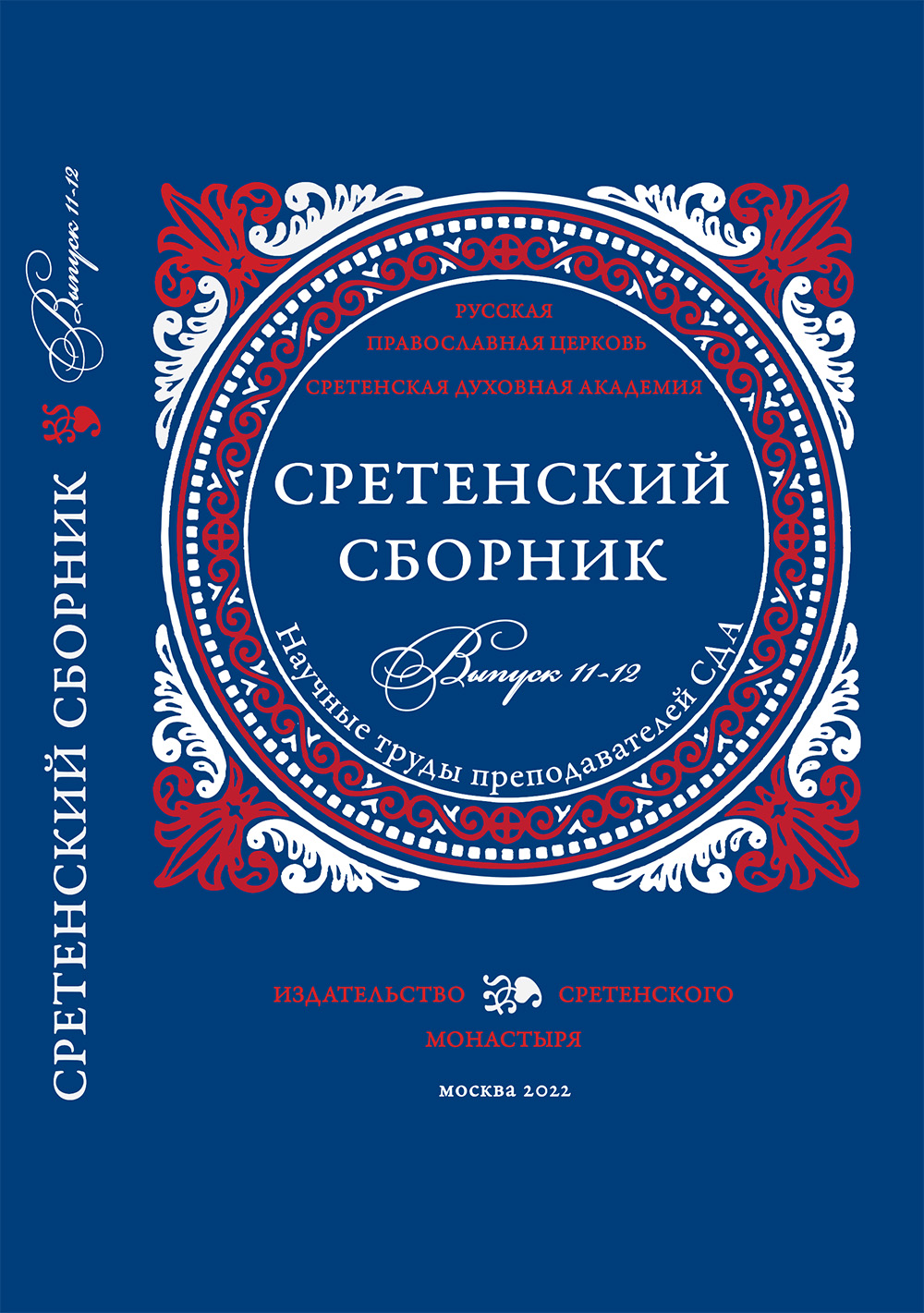Mission of the Jesuits in Russia and the eastern policy of Rome
Some theological aspects and methodological principles
Keywords:
Catholic Church, Jesuits, mission, Russia, cultural adaptation, Russian Catholicism, Eastern policy of Rome, RussicumAbstract
This article is devoted to certain theological aspects and methodological principles of the “Eastern policy” of Rome at the end of the 19th — mid 20th century. However, without understanding the features of both the previous period of the presence of the Society of Jesus in the Russian Empire, and without taking into account the Jesuit theological and philosophical formation, an integral view of the “Eastern mission” itself, its motivation and goal setting is impossible. In this sense, the Asian missions of the Jesuit Order in the 17th and 18th centuries become a kind of key to understanding, first of all, the theological component of the missionary activity of the Jesuits, which was called adaptation. Despite the extensive sources, studies and literature devoted to both the Society of Jesus itself and its history in Russia, for the most part they are descriptive writings, often dealing exclusively with secondary things. The authors, as it were, “slide” over the surface of the phenomenon, not having a methodological opportunity to consider it in its entirety. This state of the issue causes an urgent need for an integral view, which is the scientific novelty of the voiced topic. An equally important factor in the novelty of this article is the introduction into the scientific apparatus of individual works and studies, mainly of a missiological nature, unknown to the Russian reader. The main objective of the article is, therefore, not a description of the phenomenon, but its analysis in the context of the features of the theological and philosophical formation of the Jesuits, as well as an assessment of the impact on the mission in Russia of their previous experience in the New World and Asia.








